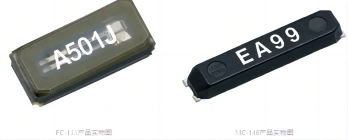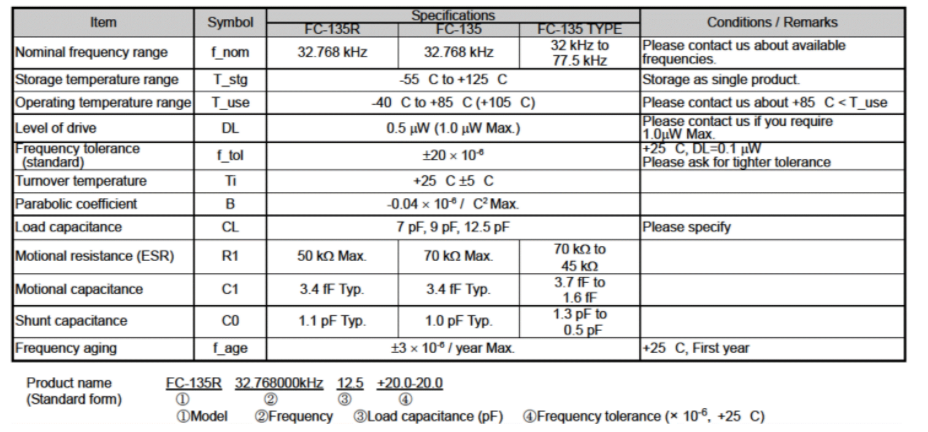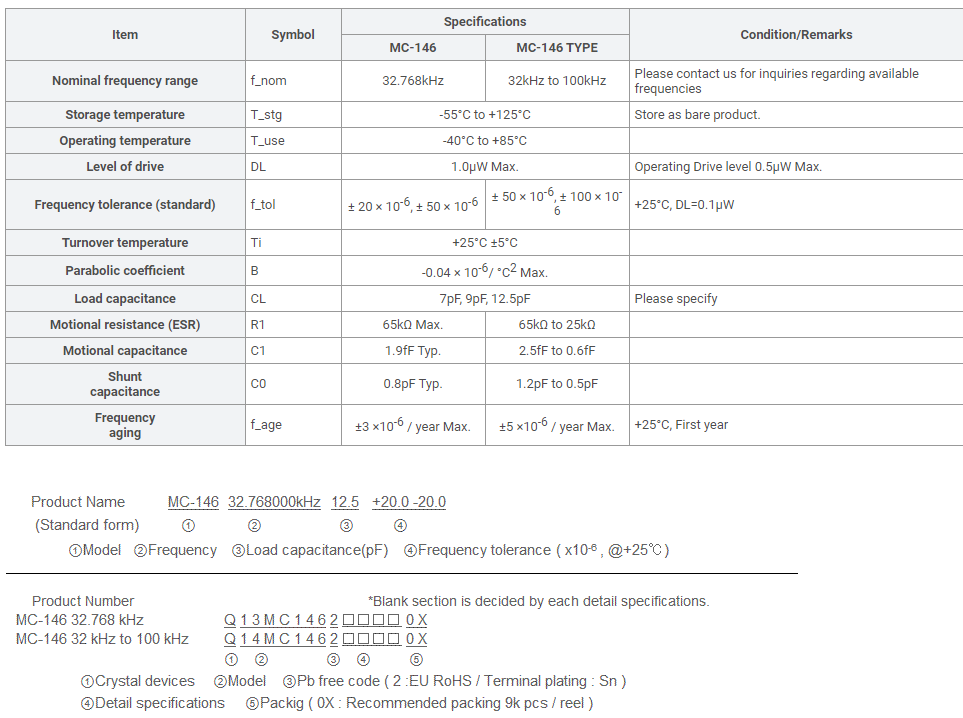POP_UP_MESSAGE_CONTENT


Application of Epson 32.768KHz Crystal Oscillators FC-135 and MC-146 in Signal Generators

Design Principle Block Diagram of FC-135 and MC-146 Applied to Signal Generator
In the application of FC-135 and MC-146, D is the FC-135 and MC-146 crystal oscillator. After connecting to the microcontroller, it provides accurate clock reference for the microcontroller. The MCU can connect external display modules, USB modules, memory, Ethernet and other modules.
If traditional crystal oscillators (such as the 7X series) are applied to signal generators, the following problems often occur: the temperature coefficient of the crystal oscillator is large, and the output frequency is prone to oscillation at high temperatures;
Crystal oscillators have a high aging frequency and are not easily applied to highly integrated products such as signal generators (not suitable for disassembly)
For the above two application pain points, Epson's FC-135 and MC-146 can completely solve them
Two crystal oscillators are available in two specifications: 32.768KHz and a certain range of optional frequencies. The rated frequency ranges are 32-77.5KHz and 32-100kHz, respectively. The maximum frequency temperature coefficient is only -0.04x10-6/° C2, and the output frequency is less affected by temperature, which can solve design pain points.
The maximum body aging rates of the two products are ± 3x106/year (operating frequency of 32.768KHz for FC-135 and MC-146) and ± 5x106/year (excluding 32.768KHz frequency for MC-146), respectively. They can be used for a longer period of time in terms of service life.
The size parameters of FC-135 and MC-146 are 3.2x1.5x0.8mm and 7.0x1.5x1.4mm, respectively. The use of ultra small and thin surface mount packaging is conducive to miniaturization design.
The crystal oscillator needs to be equipped with filtering capacitors for use. FC-135 and MC-146 can be configured with load capacitors of 7pF, 9pF, and 12.5pF to meet the requirements of signal processing
All usage requirements for the number generator.


FC-135 series specification sheet













